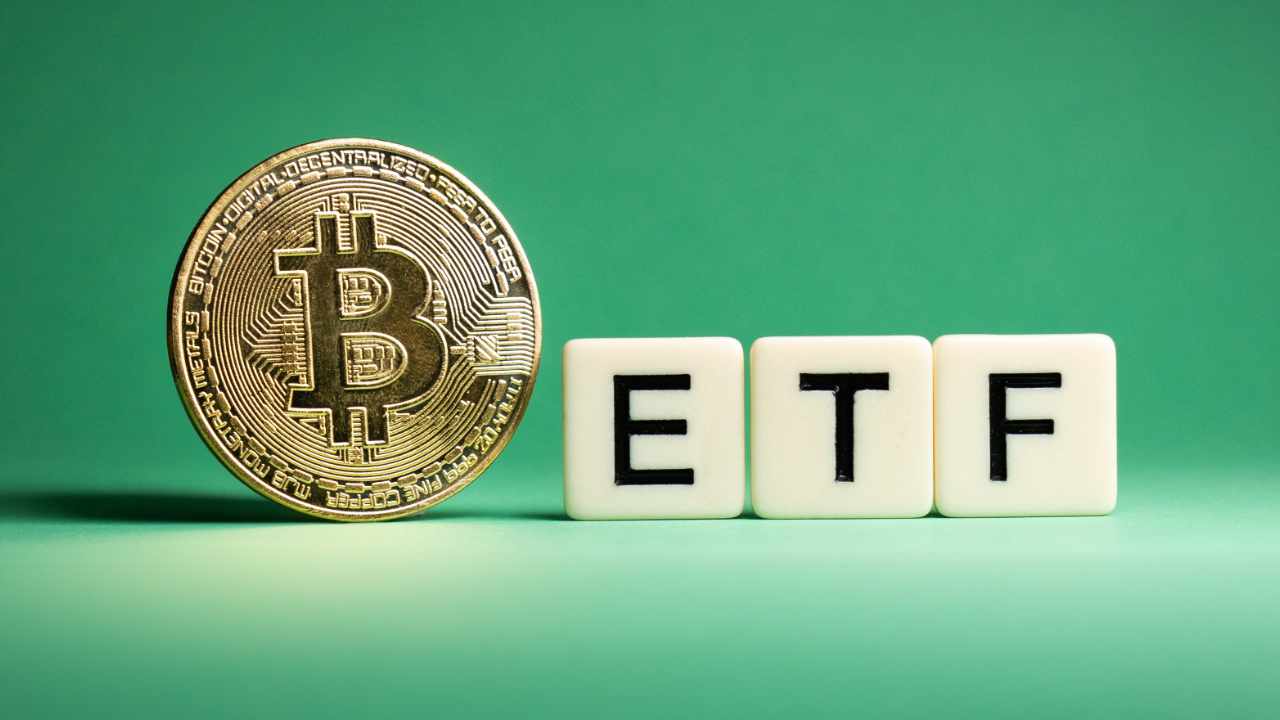The fierce competition among US Bitcoin exchange-traded fund (ETF) issuers to secure the top spot could lead to the closure of many ETFs currently listed due to a lack of profitability. As a result, the ETF fee war is causing difficulties for issuers but is benefiting investors with lower fund management fees and increased market accessibility.
Profitability Issues Hit Spot Bitcoin ETF Issuers
Analysts argue that the fund management fee war in spot Bitcoin ETFs is preventing smaller issuers from entering the race and that costs outweigh potential profits unless the funds amass billions in assets under management. Hector McNeil, co-CEO and founder of white-label ETF provider HANetf, doesn’t see most current spot ETFs closing but predicts only a few will reach the desired profitability.

Despite having attracted over $10 billion in assets since their launch, the majority of investments are concentrated in ETFs managed by industry giants like BlackRock and Fidelity. McNeil believes that only four or five ETFs may become profitable, while the others could face the threat of closure.
New Spot Bitcoin ETF Issuers Face Tough Market Entry
Numerous ETF issuers, including Global X, Pando, 7RCC, and Hashdex, have either withdrawn their products or remained silent about their plans. The heightened competition has forced existing ETF issuers to lower fund management fees even before approval to attract investors.
On the other hand, the reductions in fund management fees make it harder for new entrants to compete, as it becomes increasingly difficult for a late-starting issuer offering lower fees to become profitable. Bryan Armour, director of passive strategies research at Morningstar Research, pointed out that new ETF issuers need a high amount of assets or strong distribution channels to succeed.
Henry Jim, an ETF analyst at Bloomberg, highlighted the challenges small issuers face when competing against industry giants. He emphasized that newcomers need the support of deep-pocketed investors to survive.
Despite the challenges faced by issuers, ETF buyers and investors are on the side that benefits the most from the fund management fee competition. Moreover, market makers are achieving high liquidity in both the Bitcoin and ETF markets in this competitive environment.


 Türkçe
Türkçe Español
Español









